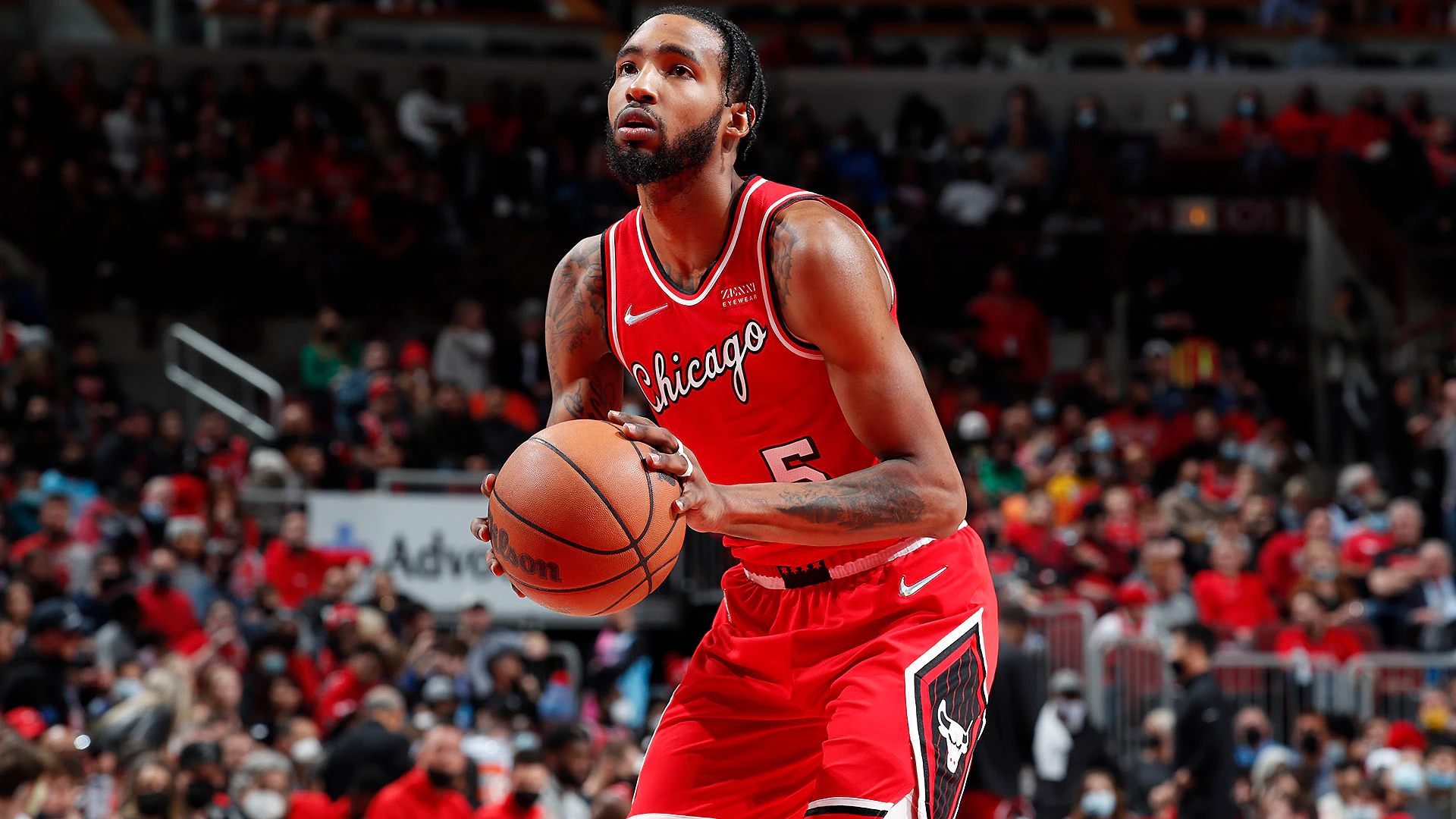The Dallas Mavericks entered the offseason with a clear priority: bolstering their roster to complement their star player, Luka Dončić, and enhance their competitiveness in the Western Conference. However, their primary objective seemed to unravel almost as soon as the offseason began, setting a disappointing tone for their plans ahead.
At the forefront of the Mavericks’ agenda was the pursuit of a secondary star to pair with Dončić. The hope was to find a player who could alleviate some of the scoring burden from the young Slovenian phenom while providing additional playmaking and defensive prowess. This strategy was not just about adding talent but also about signaling their readiness to contend at a higher level in the intensely competitive NBA landscape.
Rumors and speculations swirled around potential targets, but as free agency commenced and trade talks ensued, the Mavericks found themselves repeatedly rebuffed or outmaneuvered. Whether it was the inability to lure a marquee free agent or failing to strike a favorable trade deal, the Mavericks encountered obstacles that thwarted their best-laid plans.
One of the major setbacks was the realization that some of their prime targets had already committed to other teams early in free agency. This left the Mavericks scrambling to adjust their strategy, potentially settling for less ideal options or recalibrating their priorities altogether.
Moreover, the dynamics of the NBA offseason can be unpredictable and competitive. Teams vying for similar talent often leverage their assets and appeal to sway decisions in their favor. For the Mavericks, navigating this landscape proved challenging, especially as they aimed to build a roster capable of making deep playoff runs and maximizing Dončić’s extraordinary talents.
As the offseason progresses, the Mavericks will need to regroup and reassess their options. While their initial plans may have faltered, there are still avenues to explore, including secondary market acquisitions, developmental opportunities within their existing roster, or strategic mid-season moves.
Ultimately, the disappointment of their primary offseason priority not materializing could serve as motivation for the Mavericks to innovate and adapt. In the NBA, as in any competitive arena, resilience and strategic flexibility are crucial assets. The true measure of the Mavericks’ offseason success will hinge on how effectively they pivot from this setback and position themselves for sustained competitiveness in the seasons to come.

Leave a Reply